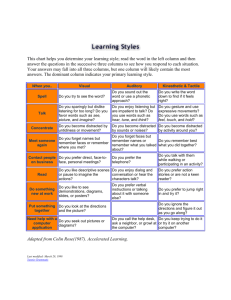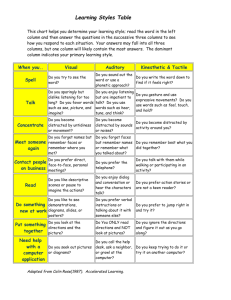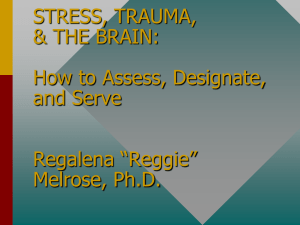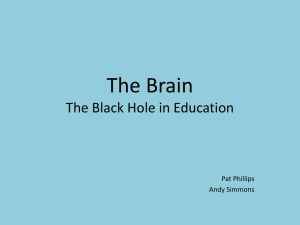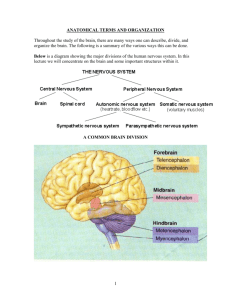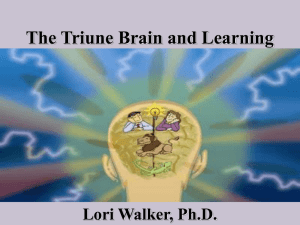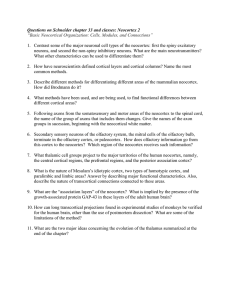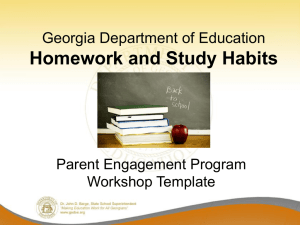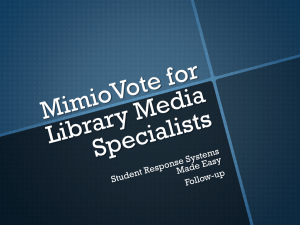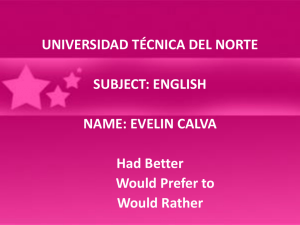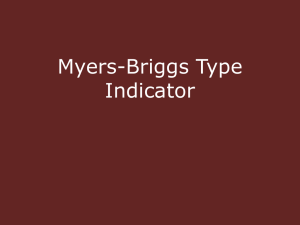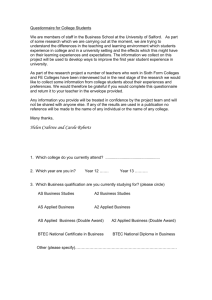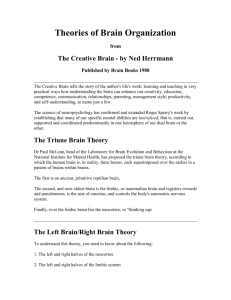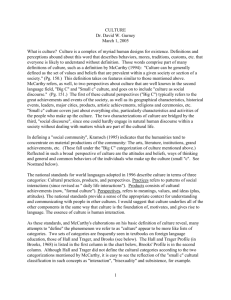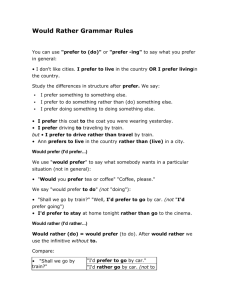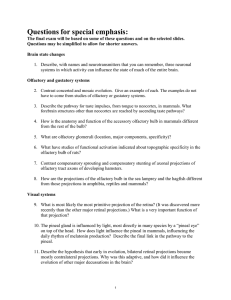Brain - Powerpoint file - Mt. SAC Faculty Directory
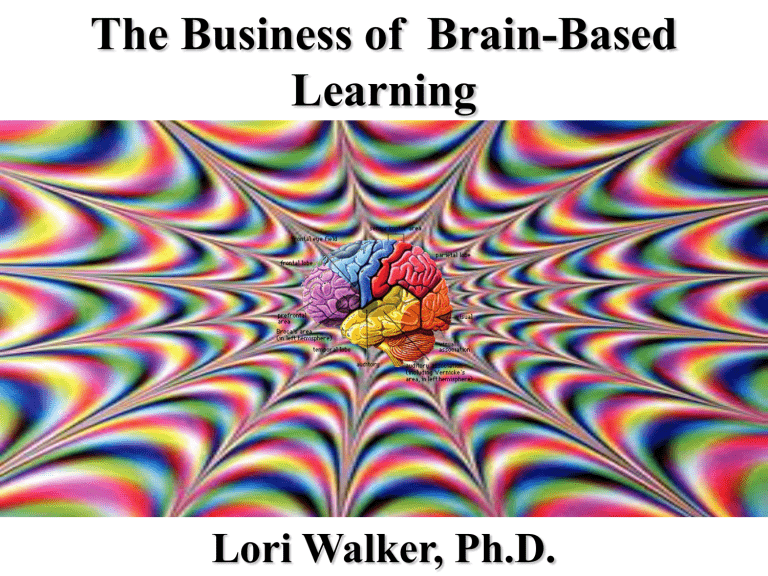
The Business of Brain-Based
Learning
Lori Walker, Ph.D.
Brain Basics
The Reptilian Brain - the "Preverbal"
It is the oldest and smallest region in the evolving human brain.
It is "preverbal," but controls life itself, such as autonomic brain, lung and heart functions.
Lacking language, its impulses are instinctual and ritualistic.
It is concerned with fundamental needs such as food, physical maintenance, preening and mating.
The Limbic Brain - the "Emotional" Brain
Common to all mammals, it developed about 60 million years ago, after the dinosaurs perished.
It's involved in bonding needs, including emotions linked to attachment.
It acts as the brain's emotion factory, creating the chemical messages that connect information into memory.
Retention of information can be significantly increased when it's presented in an emotionally charged context.
The Neocortex Brain the "Thinking" Brain
It constitutes five-sixths of the total brain mass, which has evolved over the last million years, to produce the human brain.
It controls such high-level processes as logic, creative thought, language, and the integration of sensory information.
The neocortex is divided into the left and right cerebral hemispheres, described in Left/Right Brain Theory.
So…
...who
cares?
The Triune Brain Theory and Education
Traditional education was designed for predominantly neocortex functions.
However, this misses a basic brain fact: the reptilian brain is an interconnected pathway to the limbic brain which is an interconnected pathway to the neocortex -you can’t skip a brain function!
Therefore, long-term memory is created by paying attention to the power of the whole brain by simultaneously:
•Recognizing your own reptilian brain, i.e., your personal learning style and how to apply skills and techniques that will promote your own learning process
•Recognizing your own limbic brain and creating activities and study strategies that link your emotions to the acquisition of new information
•Designing study strategies that appeal to both the left and right sides of the thinking brain
When you..
Spell
Talk
Concentrate
Meet someone again
Sensory Preferences
Visual
Do you try to see the word?
Auditory
Do you sound out the word or use a phonetic approach?
Kinesthetic & Tactile
Do you write the word down to find if it feels right?
Do you sparingly but dislike listening for too long? Do you favor words such as see,
picture, and imagine?
Do you become distracted by untidiness or movement?
Do you forget names but remember faces or remember where you met?
Do you enjoy listening but are impatient to talk? Do you use words such as
hear, tune, and think?
Do you become distracted by sounds or noises?
Do you forget faces but remember names or remember what you talked about?
Do you gesture and use expressive movements? Do you use words such as feel,
touch, and hold?
Do you become distracted by activity around you?
Do you remember best what you did together?
Contact people on business
Do you prefer direct, face-to-face, personal meetings?
Read
Do something new at work
Do you like descriptive scenes or pause to imagine the actions?
Do you like to see demonstrations, diagrams, slides, or posters?
Need help with a computer application
Do you seek out pictures or diagrams?
Do you prefer the telephone?
Do you enjoy dialog and conversation or hear the characters talk?
Do you prefer verbal instructions or talking about it with someone else?
Do you prefer to jump right in and try it?
Do you call the help desk, ask a neighbor, or growl at the computer?
Do you talk with them while walking or participating in an activity?
Do you prefer action stories
or are not a keen reader?
Do you keep trying to do it
or try it on another computer?
